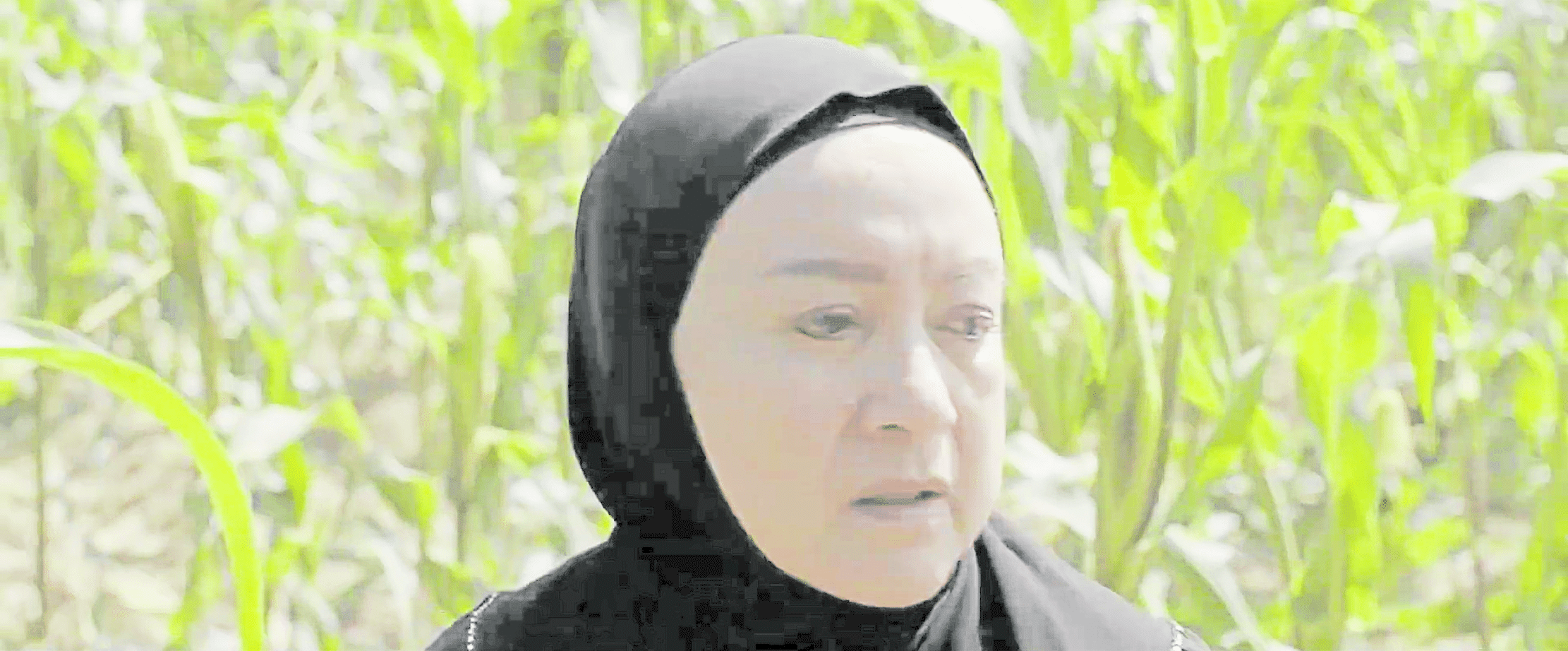Brillante Ma Mendoza on his dream movie, streaming ‘Moro’ on Netflix

Brillante Ma Mendoza —CONTRIBUTED PHOTO
Award-winning filmmaker Brillante Ma Mendoza said his dream is to make an original musical film that the Filipino audience can relate and sing along to.
“Pinoys love music. The only thing that’s keeping artists from making musicals is the high cost of the rights to use songs. If you notice, we don’t have a lot of Filipino musicals even though we have a lot of singing celebrities,” Mendoza observed.
Among the most celebrated Filipino musicals are the dramatic films by Chito Roño (“Emir,” 2010) and Loy Arcenas (“Larawan,” 2018), as well as the romantic comedy “I Do Bidoo Bidoo: Heto nAPO Sila” by Chris Martinez (2012).
“I hope to fulfill this dream now that I’m still physically strong because this is hard to do. My idea is to combine magic realism with jukebox songs so that the audience can also sing with the artists. I prefer to use relatable songs, or those that we normally use in jukeboxes or karaoke machines. People don’t call the Philippines the karaoke country for nothing. Every Filipino home has karaoke,” Mendoza said.
“I will get singers as actors,” the Cannes best director continued. “Sadly, we have a lot of good talents who are not maximized. They just record songs, then do concerts, and then record songs again. Look at Lady Gaga, she is a singer who’s also good at acting. Why can’t our artists do that? Lady Gaga’s movies make money, too.”
Article continues after this advertisementMendoza said he believes in the power of telling stories through songs. He explained: “A song is full of emotions and can turn you from sad to happy in as short as three minutes. Also, emotions differ depending on how an artist interprets the song,” he added.
Article continues after this advertisementRevisions, reshoots
This was also why he opened his latest dramatic film, “Moro,” with a scene featuring a Maguindanaoan chanter to set the mood and tone of the film.
“Moro,” which stars Laurice Guillen, Baron Geisler and Piolo Pascual, will stream on Netflix starting July 19. It is the second of a two-part story on the infamous 2015 Mamasapano clash.
The first part, titled “Bansa,” retells the shootout between the police and Islamist militants in Maguindanao resulting in the death of 44 agents under the Special Action Force (SAF). “Moro” is shot from the point of view of some members of the Muslim community who lost loved ones during the encounter.
“I initially shot the two stories as one film, and it ended up being four hours long. When I was editing it, I noticed that it wasn’t working. As a viewer, I wasn’t getting hooked on the story. This was because I would watch Baron in one scene, and then the point of view would shift to Rocco (Nacino, who plays lead in ‘Bansa’). It felt disjointed,” he began.
“That’s when I decided to separate them, and it worked. Since the film wasn’t really intended that way, I had a hard time during editing. I had to make a lot of revisions and reshoots. In fact, Christopher (de Leon) only had very minimal scenes in the original version, but I had to call him back for additional scenes,” Mendoza said.

Laurice Guillen in “Moro” —CENTER STAGE PRODUCTIONS
Highlight the culture
Mendoza said Guillen’s character, Ima, mother of the characters Jasim (Pascual) and Abdel (Geisler), is based on an actual Maguindanaoan woman who lost not only her husband to the war, but also her two sons.
“A lot of the people there identify themselves as victims. You will hear a lot of sad but interesting stories there, all you have to do is choose. They’re all heartbreaking,” he said.
“Moro” premiered at the 2023 Busan International Film Festival in South Korea. “Aside from praising Laurice’s performance, people there were also curious why I kept making Muslim-themed films, to think that I’m a Catholic and I’m from Pampanga. My film ‘Mindanao’ was also screened there.”
Mendoza explained that this was because Muslim communities in Mindanao lacked representation. He also wanted to highlight the culture that’s unique to the region. “It’s only now, through the works of regional filmmakers, that people are becoming more aware of what’s going on in Mindanao. I’m proud of the fact that I’m able to weave into the film the different traditions that they practice up to this day, like the kanduli,” the director said.
“Kanduli” is a Maguindanaoan term for offering. It is a thanksgiving ritual to God for all His blessings.
Asked to share what he thinks now his films are streamed on Netflix, Mendoza said: “The good thing about this is that more people, particularly those in Southeast Asia and Asia Pacific, will get to see the film. It is accessible to them for five years. My film ‘Amo’ is still being streamed even in North America. It feels good to receive calls from those who have seen it there.”
But of course, experiencing the movie on the big screen is something else, Mendoza pointed out. “When I saw ‘Moro’ at the Busan film fest, with its state-of-the-art projector and superior audio, ang sarap! We cannot experience it the same way here with our limited technology,” he added.